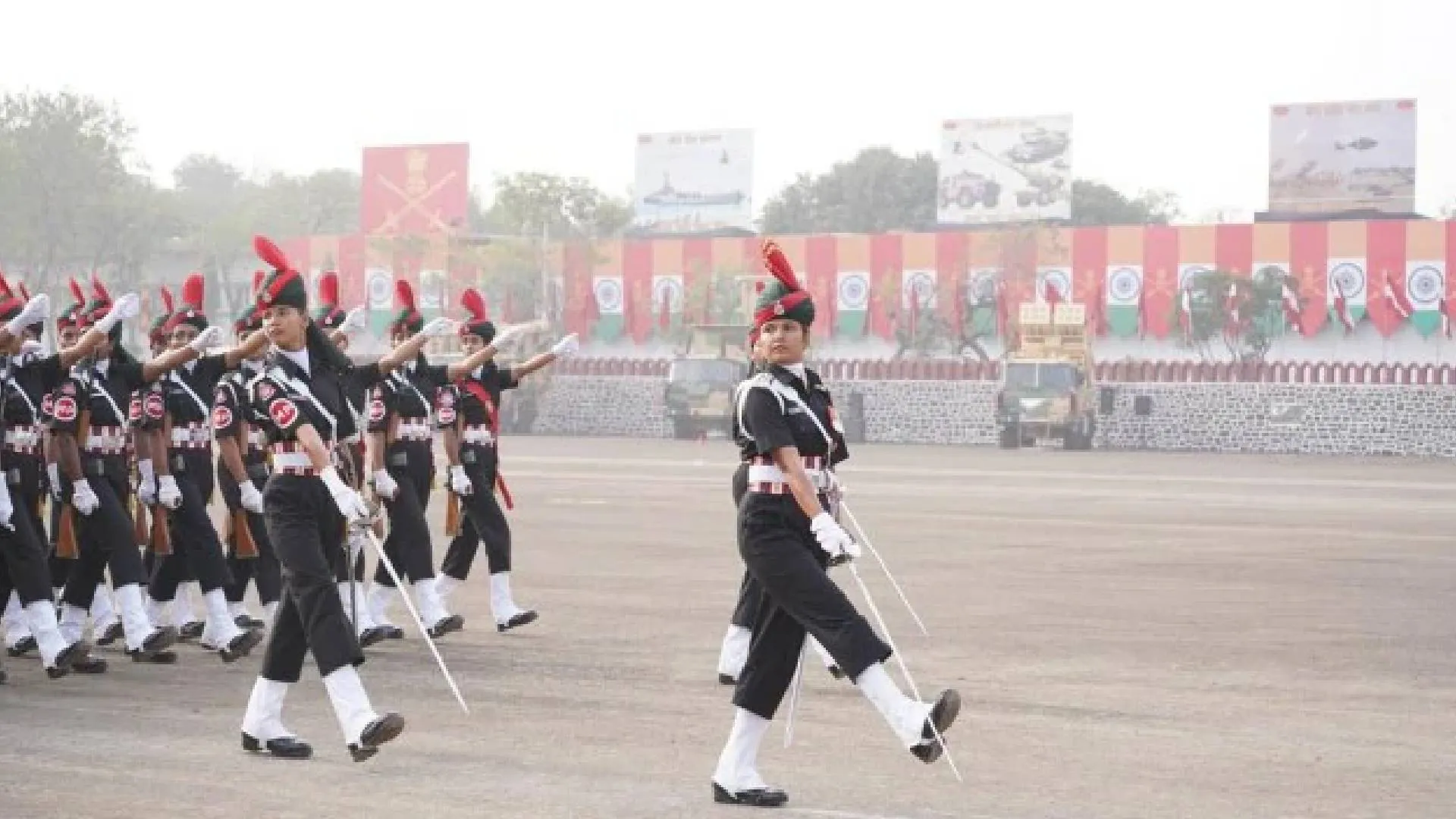The Gujarat High Court observed and quashed in the case High Court of Gujarat v. Chandravadan Dhruv, & 1 Other while setting aside a State Information Commission order directing disclosure of a former Additional Judge of the Gujarat High Court’s salary and allowances under the Right To Information Act, 2015. An application has been filed by one Chandravadan Dhruv under the RTI Act on June 14, 2016, seeking certain information, one of which was to provide information regarding the salary and allowances paid to the said judge for performing her duty as Additional Judge of Gujarat High Court. The court observed that the public information officer denied disclosure of the information by invoking the provisions of Section 8(1)(j) of the RTI Act and stating that it was personal information and had no relationship with any public activity. Aggrieved by the said order of the public information officer, an appeal has been filed by Dhruv before the appellate authority. The appellate authority dismissed the appeal, reiterating the findings of the public information officer, by a judgment and an order dated September 3, Dhruv filed a second appeal with the Gujarat Information Commission and the Information Commission by the impugned order dated August 11, 2017, in which the court stated that information about the salary and allowances paid to the concerned judge should be provided under Section 4(1)(b) and (x) of the RTI Act. The statement was challenged by the High Court and the administration. It has been argued by the Advocate, Trusha Patel, that Section 4(1)(b)(x), deals with the monthly remuneration received by each of its officers and employees. It has, been contended by the Patel that the pay and, allowances of the Judges of the High Court, which cannot be branded as of one being of the officers and of the employees. It has been submitted by the Patel that as, , far as the officers and the employees are be-, ing concerned a proactive declaration with, , regard to the officers and employees of the, High Court is made., Further, the court relied upon the decisions of the Supreme Court in the cases of Girish Ramchandra Deshpande v. Central Information, Commissioner and Ors, and Central Public Information Officer, Supreme Court of India v. Subhash Chandra Agarwal, wherein it was earlier cited by the counsel representing the high court. Accordingly, the court quashed the said order and set aside the impugned order to the extent it directs the petitioner to provide the information that relates to the salary and allowances being paid to the concerned judge of the High Court.

















